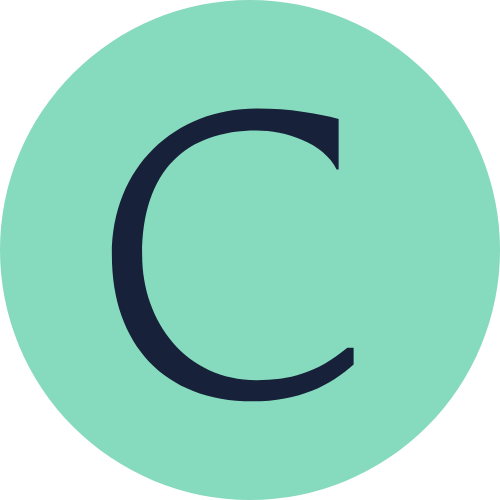Win a place at CATALYST: November 2023 competition winners announced
CATALYST by Winchester College is thrilled to announce the winners of our recent competitions for free places on our Foundations and Horizons programmes. The competition generated a remarkable response from young minds all around the world, showcasing their intellectual curiosity and creativity. We were amazed by the depth of thought and insight displayed in the entries, making the selection process more challenging than originally anticipated!
After careful deliberation, our panel of judges has chosen two exceptional entries that stood out among the many submissions. These young thinkers have demonstrated their ability to think critically and engage with thought-provoking questions. Without further ado, let's unveil the winning entries:
Foundations winner (Anis): If you could travel back in time 150 years and give the Victorians one piece of modern-day technology, what would you give them and why?
If I had the chance to travel back in time 150 years and share a piece of modern-day technology with the Victorians, I would choose to give them solar-powered lamps. I chose this, because one of the biggest and main problems during the Victorian era was pollution whether it be indoor or outdoor contamination.
After conducting some research, I figured out that one of the deadliest diseases in the Victorian era was Tuberculosis which is caused by any form of pollution. In the 19th century, reliance on gas lamps, candles, firewood and charcoal were common, often leading to dim and smoky environments and causing the general health of the society to plummet, these were often the main causes of Tuberculosis. These lamps harness the power of the sun to generate electricity, providing a clean and sustainable source of light without giving off any health hazards. Introducing solar-powered lamps would not only illuminate their surroundings more efficiently but also promote an eco-friendly approach, steering them toward a brighter and healthier future.
Imagine the impact these solar lamps could have on Victorian society, it would most definitely reduce dependence on finite resources like coal and gas and also help minimize the health hazards associated with indoor air pollution. The simplicity of harnessing sunlight for energy may also inspire further sustainable innovations and sustainable technologies. This gift could serve as a token and a beacon of progress, encouraging the Victorians to consider alternative, environmentally conscious solutions that could shape their industrial landscape and pave the way for a more sustainable future.
Horizons winner (Georgina): Does technology enhance or limit human creativity? Why?
Millennia of history prove that creativity, that little understood combination of conscious and subconscious thought, intuition and experimentation, is an innate human trait. Within that most spellbinding of creations, the human brain, billions of neurons make connections in novel and unexpected ways, shaped by our individual intellectual and emotional experiences and made concrete by myriad ways of human expression; the arts and the sciences of course but also the interpersonal.
From the earliest cave paintings to today’s artificial intelligence, we have made advances in all fields. We repeatedly stand on the shoulders of giants; visionary men and women from across the globe who, in the face of often substantial risk, apply curiosity and understanding in innovative ways to devise technological advances that have allowed humanity to see more clearly, to reach further and achieve more than ever before.
Yet that one tiny word ‘or’ in the title worries me. Such duality unnecessarily narrows the perspective. I believe technology both boosts and hinders. With one hand it redirects creativity by opening new avenues to explore. It may even prove substantial enough to unlock a leap in our understanding of a particular field, generating a paradigm shift spawning myriad new applications.
But with the other hand it throws what might have been into the shadows, sometimes forever. The headlong rush to innovate must be tempered by an appreciation of our fallibility. Unfettered creativity may not be an entirely positive experience, and in our endeavours to reach further, we must not let go of what history has taught us. In the words of Albert Einstein, may “we never cease to stand like curious children before the great Mystery into which we were born." May we also never cease to have the courage to stand up for what it means to be human.
CATALYST by Winchester College is immensely proud of our competition winners, Anis and Georgina. Their exceptional entries have earned them free places on our Foundations and Horizons programmes, where they will have the opportunity to further develop their intellectual skills and engage in stimulating discussions.
We would like to extend our heartfelt congratulations to Anis and Georgina, as well as our gratitude to all participants for their thoughtful submissions. The competition has reaffirmed our belief in the power of education and intellectual exploration.
Thank you to everyone who took part in the competition, and we look forward to welcoming Anis, Georgina, and all our students to CATALYST in 2024. Together, we will continue to explore the fascinating intersections of technology, creativity, and human potential.

